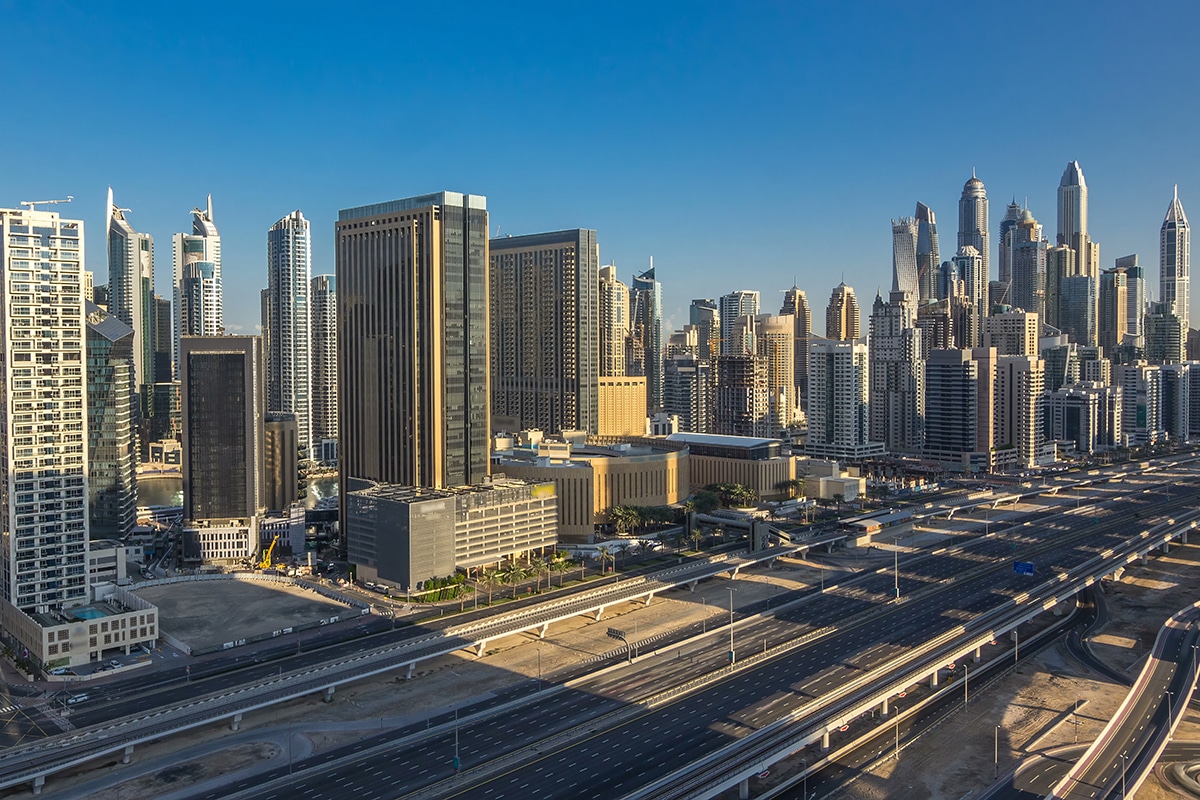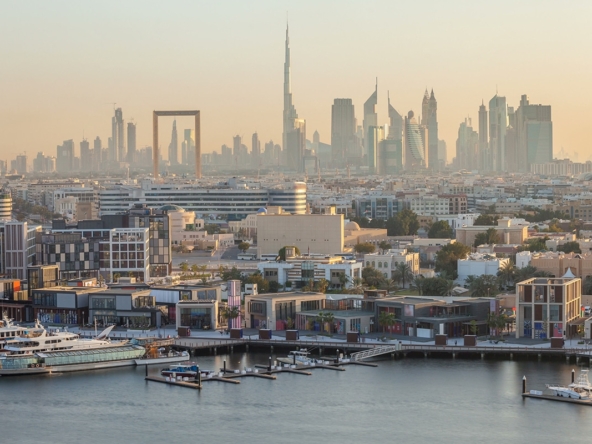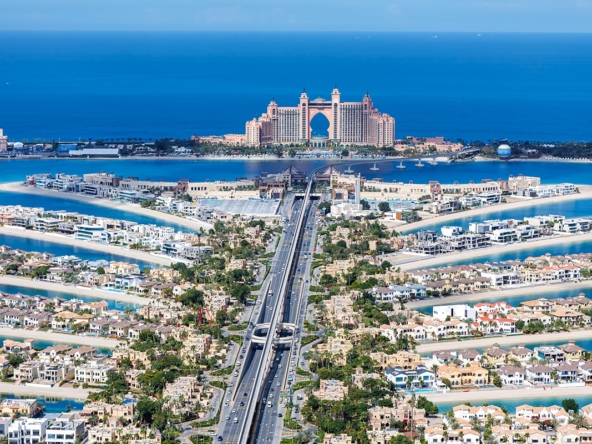Continuous surge in the number of professionals from around the world moving to Dubai for work and lifestyle, coupled with the rising property prices in the emirate are cited as reasons for the expected spike in rentals next year
The year 2025 promises to be another great year for investors and house owners in Dubai, with rentals in the city predicted to see an average jump of 18 per cent for short-term and upwards of 13 per cent for long-term leases, industry players said.
The continuous surge in the number of professionals from around the world moving to Dubai for work and lifestyle, coupled with the rising property prices in the emirate are cited as reasons for the expected spike in rentals next year.
The anticipated jump in rentals, in turn, are projected to provide further tailwind to demand for residential real estate in Dubai from buyers from around the world, looking to maximise returns from passive income.
“Our forecasts for 2025 based on the latest transaction data and the current market trend is an 18 per cent increase in short-term rentals (up to 6 months) compared to 2024, with long-term rentals (6 months or more) expected to rise by around 13 per cent,” Nina Novikova, Chief Business Development Officer at Colife Dubai, part of the globally operating real estate and rental services major Colife.
Parag Bharat Parekh, Chief Executive Officer of PropertyPro Real Estate, a leading player in Dubai’s property services sector, said looking at the current trends and demand, rental costs are expected to spike in 2025, anticipated to rise up to 25 per cent in certain areas.
Dubai rents to climb 20% in 2024; Growth to persist next year
Industry estimates showed that rental prices are expected to grow by around 20 per cent by the end of 2024, with the upward trend continuing into next year.
In the first half of this year, rental prices are estimated to have risen by an average of 13.5 per cent.
“Our data shows that rental prices have increased by an average of 16 per cent since the beginning of this year,” the Colife Dubai senior executive said.
“Traditionally, there’s a peak in prices during the high season and a drop in the summer months, considered the low season,” she said.

Novikova said Dubai’s real estate market is expected to experience organic growth, indicated by rising property values, an increase in new towers, and higher transaction volumes in both sales and rentals.
“The growth in rental prices is closely tied to rising property prices,” she said.
According to Bayut’s Dubai transactions data, based on processed information from the Dubai Land Department (DLD), Q3 2024 witnessed over 48,000 property sale transactions overall amounting to over $32.67 billion (AED 120 billion).
Industry players said the market expects that the housing supply will increase by approximately 182,000 units in 2025-2026, as a large number of properties that were pre-sold in 2022-2023 will be completed during the period.
Of these, approximately 76,000 units are expected to be completed in 2025.
Novikova said as housing prices rise, investors are purchasing more expensive properties and renting them out at higher rates to get passive income.
“Demand for rentals remains consistently high among tenants, both for short- and long-term rentals,” she said.
Expat, tourist influx drives rental demand
Industry insiders said the projected spike in rental prices are on account of Dubai continuing to thrive as a global hub for business and tourism and at an increased pace.
The city’s rental market has been exemplified by both high demand and competitive pricing, influenced by the influx of expatriates and tourists alike, they said.
Parekh said the projected 18 per cent increase in short-term rental costs can be attributed to several factors, including Dubai’s continuous development of tourist attractions and business facilities drawing more visitors and business persons from around the world and the rising demand for flexible living arrangements, especially among professionals and IT wizards.
“Different types of exhibitions and expos [in Dubai] have also stimulated the demand for short-term rentals, creating a competitive environment where prices are driven higher,” the PropertyPro Real Estate chief executive said, citing that price in Downtown for a 1-bedroom hits more than AED 10,000 per night for superior properties around the time of these exhibitions and expos.
Colife Dubai’s Novikova said a one-bedroom apartment in Jumeirah Lakes Towers (JLT) from Colife costs AED 10,700 per month for a 3-month rental, while the same unit would cost only AED 9,500 per month on a 12-month rental.
“An increasing number of professionals from around the world are moving to Dubai for work, attracted by career opportunities, competitive salaries, high quality of life, and a warm climate, which inevitably drives up rental prices,” she said.
PropertyPro’s Parekh said as for long-term rentals, the anticipated 13 per cent rise reflects the wider trends of population growth and rapid urbanisation happening in Dubai post-COVID.
“With more people moving to Dubai for work and lifestyle, the demand for stable, long-term housing is expected to surge.
“New residential developments and changing expatriate residency laws are further influencing these trends, making it crucial for potential tenants to be upbeat about this market,” he said.
Parekh, however, said for those currently renting in Dubai or looking to move to Dubai, these projected increases have significant implications, especially for budgeting.
“Tenants should prepare for potential hikes in their rental expenses while preparing the family budget.
“It is advisable to review personal finances and factor in these projections when planning budgets for the coming years with a minimum increase of 13 per cent, [and going] up to 25 per cent in certain areas,” he said.
Industry insiders said understanding the market trends can empower tenants during lease negotiations.
As for investors, these projections present both opportunities and challenges, they said.
With the expected rise in rental costs, investors may find lucrative opportunities in developing properties that cater to both short-term and long-term renters.
However, industry players said that economic fluctuations, regulatory changes, and shifts in demand can impact rental yields.
“Staying informed and adaptable will be crucial,” Parekh said.
“Whether you’re a tenant looking for the best deal or an investor seeking the next opportunity, understanding the implications of these projections will be vital for the success of both,” Novikova said.
Source: Arabian Business




